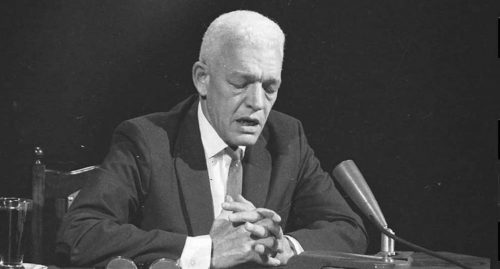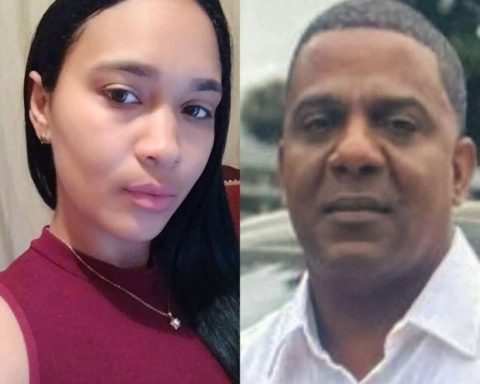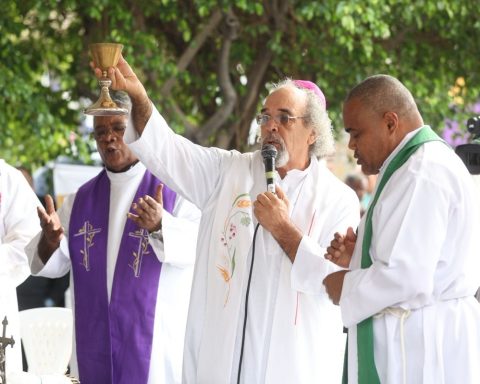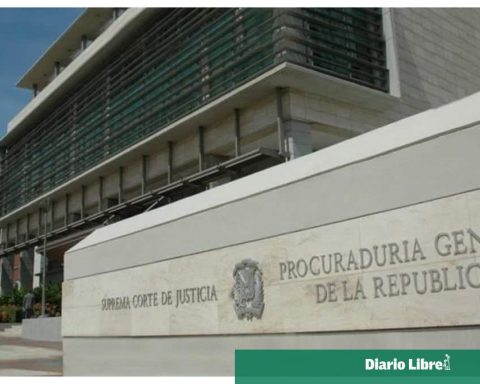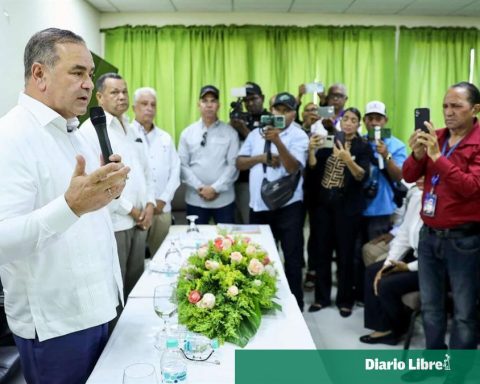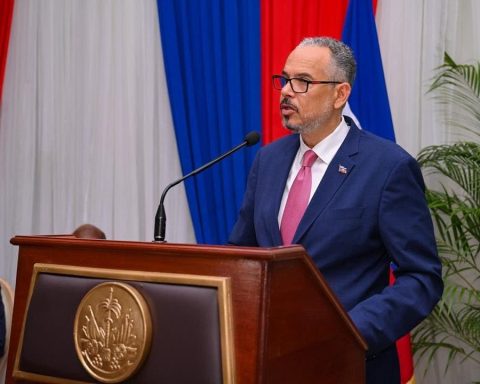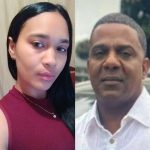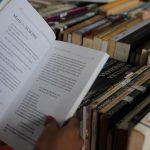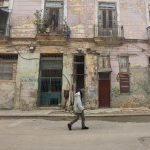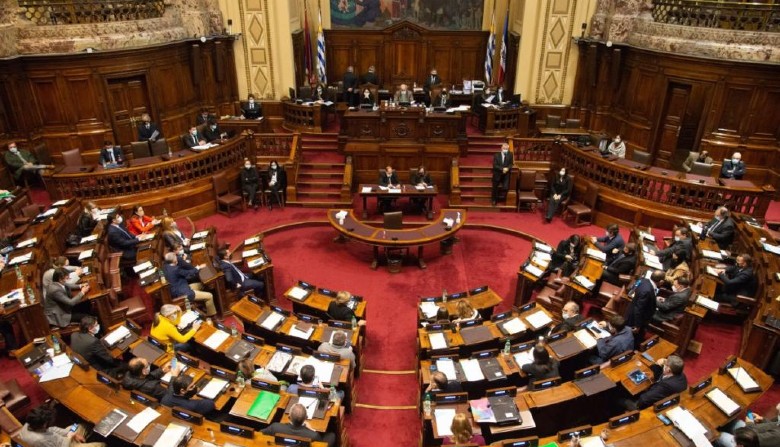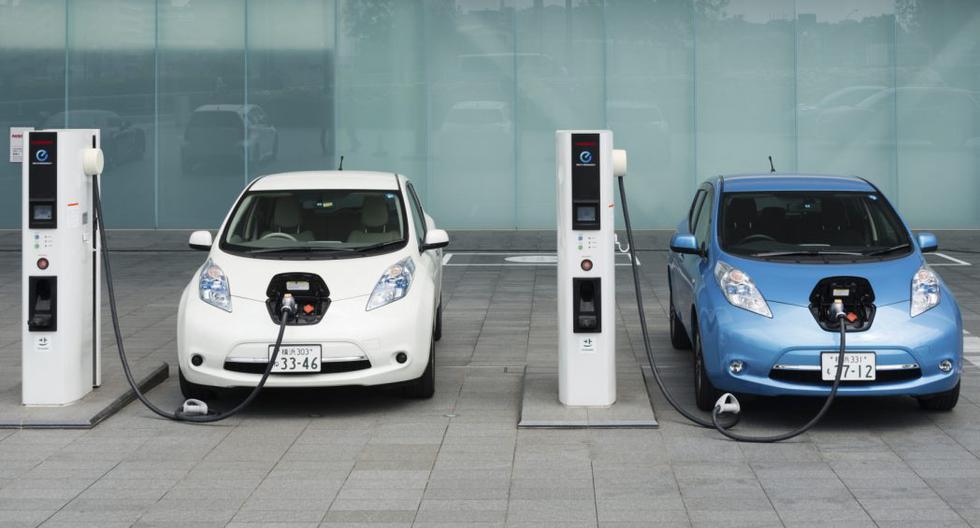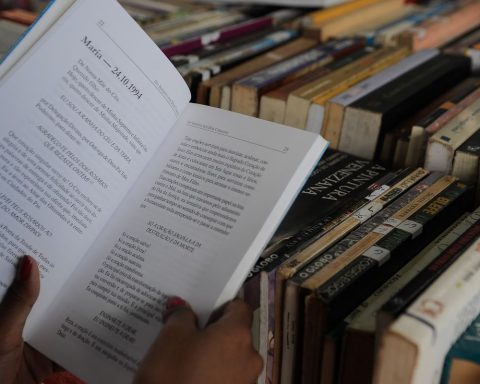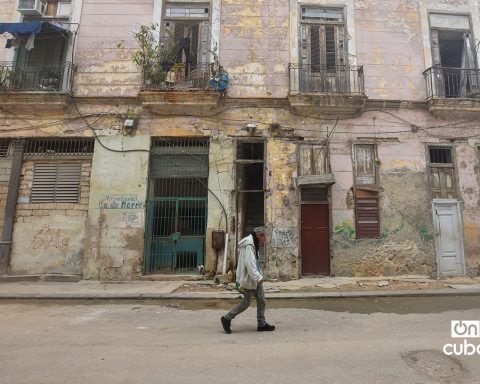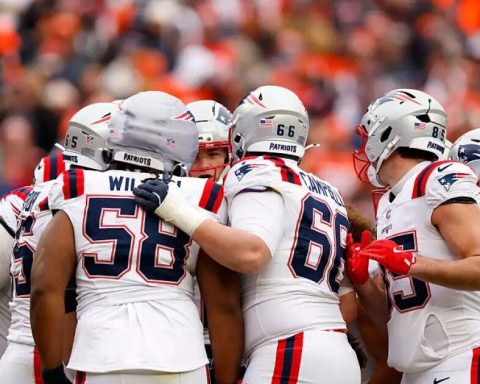Today marks the 59th anniversary of the coup d’état that abruptly interrupted the constitutional mandate of the professor John Boschthe first democratically elected president after the decapitation of the extended tyranny of Rafael Leónidas Trujillo.
That early morning of September 25, 1963, another piece of paper would be stained with indelible ink in the historical book of the Dominican Republic.
For seven months, between February and September, Bosch would suffer innumerable attacks from various sectors due to several of his measures that affected powerful businessmen, politicians and religious figures.
The reform to the Constitution of 1963, promulgated in April of that year, was the last straw for the enemies of the young government, since in it they saw the supposed claws of communism over the country. And that is why, under that justification and in the context of the so-called Cold War, both civilians and military planned to overthrow Professor Bosch and establish a triumvirate.
Among the points established by the 1963 Constitution was the right to workers’ participation in company profits, the right to go on strike, equal rights for men and women, trade union freedom, freedom of thought and association, freedom of worship, equality of children.
It also addressed health as a fundamental right. It prohibited the monopoly and the latifundio, and the minifundio was declared as antisocial. He claimed market security for agricultural production, the need for agrarian reform, accountability of public officials, among other points.
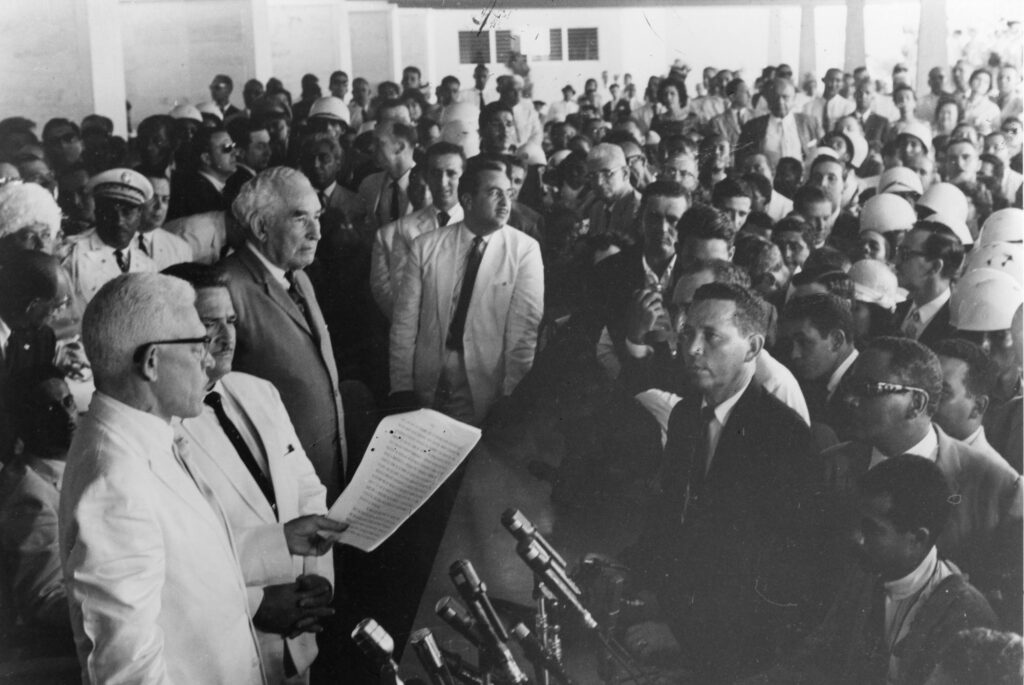
on the construction site “The government coup” by journalist and writer Miguel Guerrero, he rescues a memorandum from the Central Intelligence Agency (CIA) that highlights the annoyances that powerful sectors had with the 1963 Constitution.
“His main achievement, after his first hundred days, could be summed up in the promulgation of a new Constitution which, as we have seen, had unified the opposition against him. In the understanding of the CIA that Constitution was one of the causes of the nonconformity of what he described as ‘traditionally privileged elements of Dominican society’.
The book describes that: “particularly, the Church felt offended by omissions and provisions that affected its traditional relations with the State and that after the signing of the Concordat, at the height of the Era of Trujillo, were made official. The memorandum then went on to analyze the profound nature of the country’s economic and social problems, admitting that agrarian reform and urban unemployment seemed to take precedence over the others.’
Another of the many problems that Bosch had was with the military, to whom the new Constitution also stripped them of the benefits and privileges they had for a long time.
fear of communism
And it is that, after the Cuban Revolution materialized in January 1959, a real headache began for the United States on the continent.
The specter of communism, as an idea that could materialize in one country in the Western Hemisphere and spread like a pandemic over others, kept the US rulers awake at night.
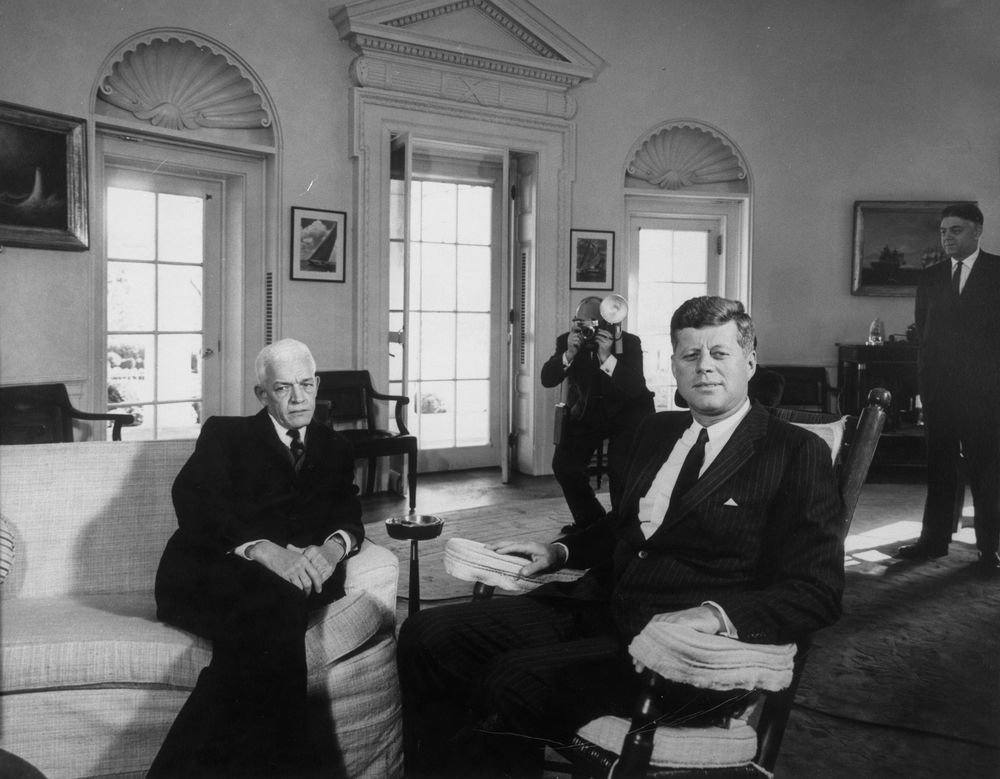
Proof of this would be the statements of US President John F. Kennedy, who would say that in the relationship between the United States and the Dominican Republic, three political options were offered: a democratic government, a Trujillo-type dictatorship or a Castro regime.
To which he would later add: “The first should be aspired to, without ruling out the second, in order to avoid the third.”
JF Kennedy
The ideas of agrarian reform and the elimination of privileges in the 1963 Constitution, as well as the lack of firmness to combat the radical leftist cadres established in the country, degenerated into the coup d’état that would undermine the popular will.
The de facto government
After Bosch left the National Palace and was forced into exile in Puerto Rico, the First Triumvirate was sworn in, headed by Emilio de los Santos.
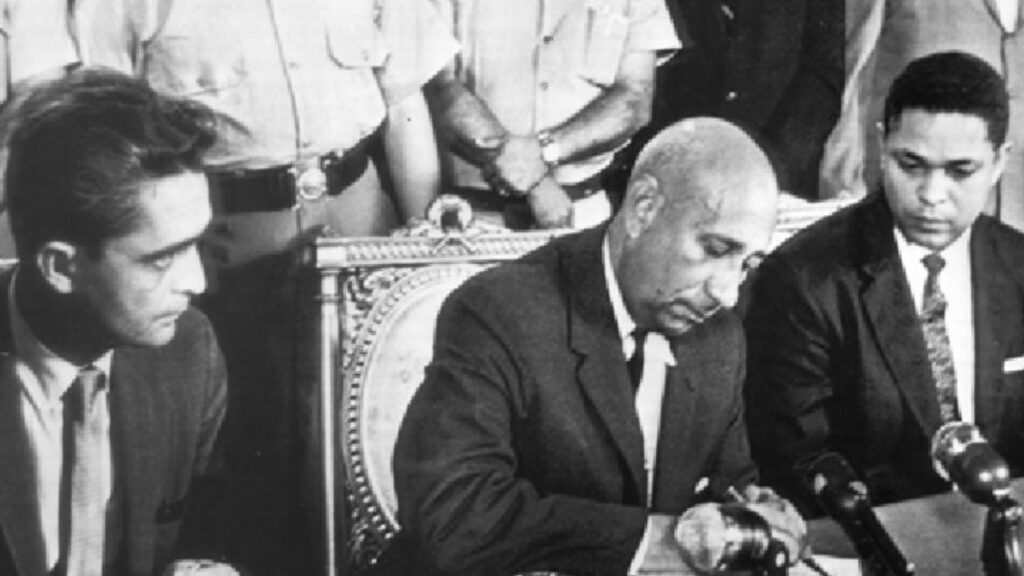
De los Santos only remained in power for three months since he had to resign in December of that year, after Manolo Tavárez Justo was shot along with dozens of his men in Las Manaclas.
The Second Triumvirate was headed by Donald Reid Cabral (December 1963-April 1965), who, together with Ramón Cáceres Troncoso, exacerbated the institutional crisis that the country was experiencing after the coup d’état.
Reid Cabral and Cáceres Troncoso remained in power until the outbreak of the April War in 1965.
